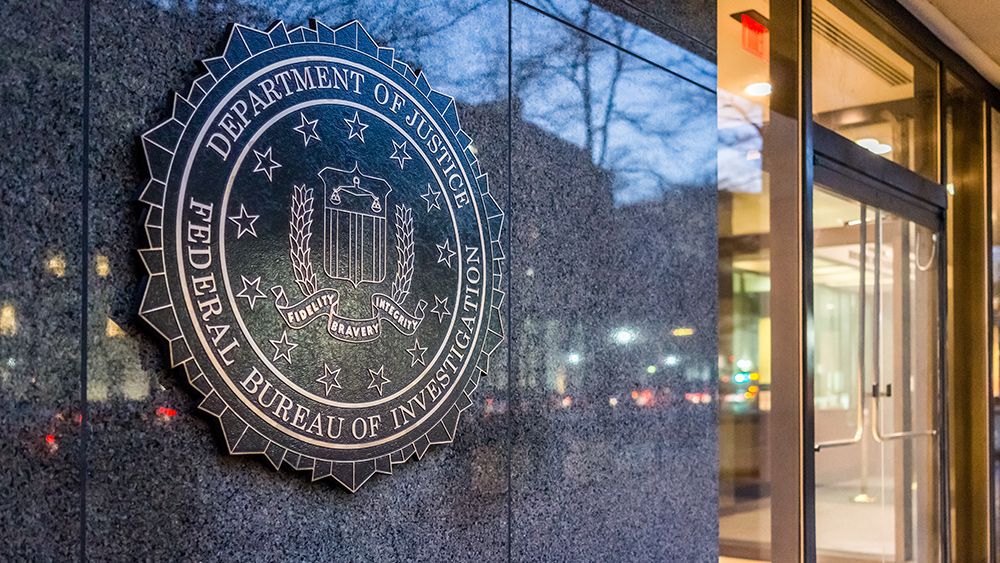 Parler
Parler Gab
Gab
Flash memory maker among blacklisted firms
Most prominent among the 36 recently blacklisted firms is Yangtze Memory Technologies Co. (YMTC). The Wuhan-based YMTC, a state-owned corporation, is the largest player in China's flash memory market. A Japan-based YMTC subsidiary was also included in the blacklist. The DOC had included the two firms on its Unverified List last October over concerns that they could switch U.S. technologies to telecommunications equipment giant Huawei and security camera maker Hikvision. Both Huawei and Hikvision were included in an earlier iteration of the blacklist. Another famous name on the expanded Entity List was Shanghai Micro Electronics Equipment, which is possibly Beijing's best prospect to create machines that can assemble advanced chips. The company was also on the Unverified List. Tiandy, one of the best video surveillance suppliers in the world, was also placed on the blacklist after being accused of assisting "hi-tech surveillance" against Uyghurs and other Muslim minority groups in the Xinjiang Uyghur Autonomous Region and aiding Iran to acquire items originating in America. Among the latest names on the list, 21 firms were identified as important players in research and development, manufacturing and sales of AI chips with close links to government organizations backing China's defense industry. The DOC also used the foreign direct product rule to 21 of the 36 corporations on the Entity List to stop them from getting American-origin technologies from other nations. Another seven entities on the list were identified as helping the Chinese military work on producing hypersonic weapons and ballistic missile systems. CommunistChina.news has more stories about blacklisted Chinese companies. Watch this G News report about the U.S. considering limiting shipments of American chip-making equipment to China. This video is from the Chinese taking down EVIL CCP channel on Brighteon.com.More related stories:
A rundown of major U.S. corporate media's business ties to China. Canada bans Chinese tech giants Huawei and ZTE from its 5G networks, citing security concerns. Amazon, Google and Microsoft caught providing services to BLACKLISTED Chinese firm. Iconic American companies are owned by Chinese investors. Sources include: SCMP.com FirstPost.com Brighteon.comBy Lance D Johnson // Share
Congress bans TikTok on official devices, calls app a security risk
By Belle Carter // Share
The FBI won’t name other social media companies it pays
By News Editors // Share
ROBBERY: Local governments loot home equity from homeowners to cover property tax debts
By Cassie B. // Share
Governments continue to obscure COVID-19 vaccine data amid rising concerns over excess deaths
By patricklewis // Share
Tech giant Microsoft backs EXTINCTION with its support of carbon capture programs
By ramontomeydw // Share
Germany to resume arms exports to Israel despite repeated ceasefire violations
By isabelle // Share










